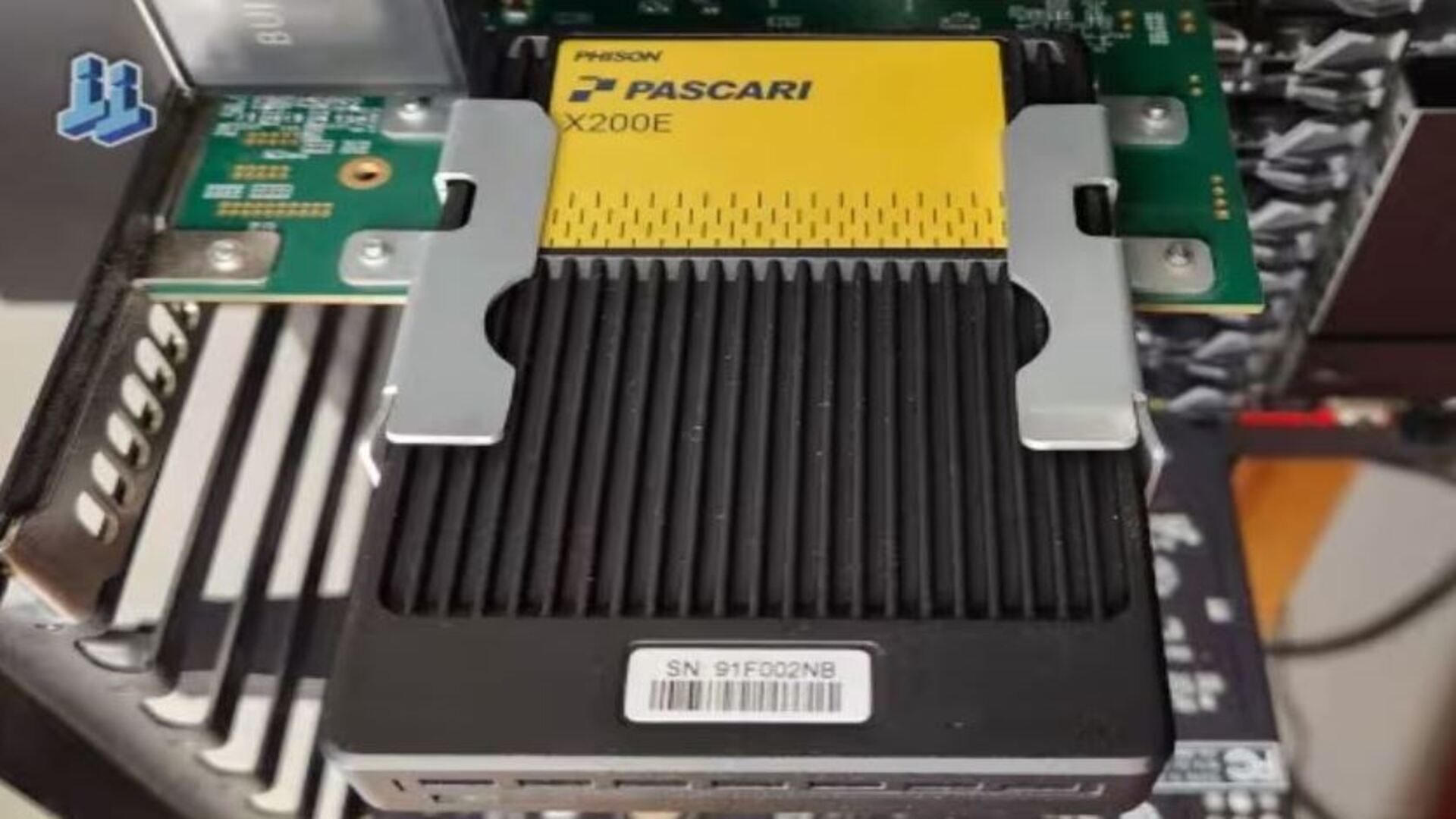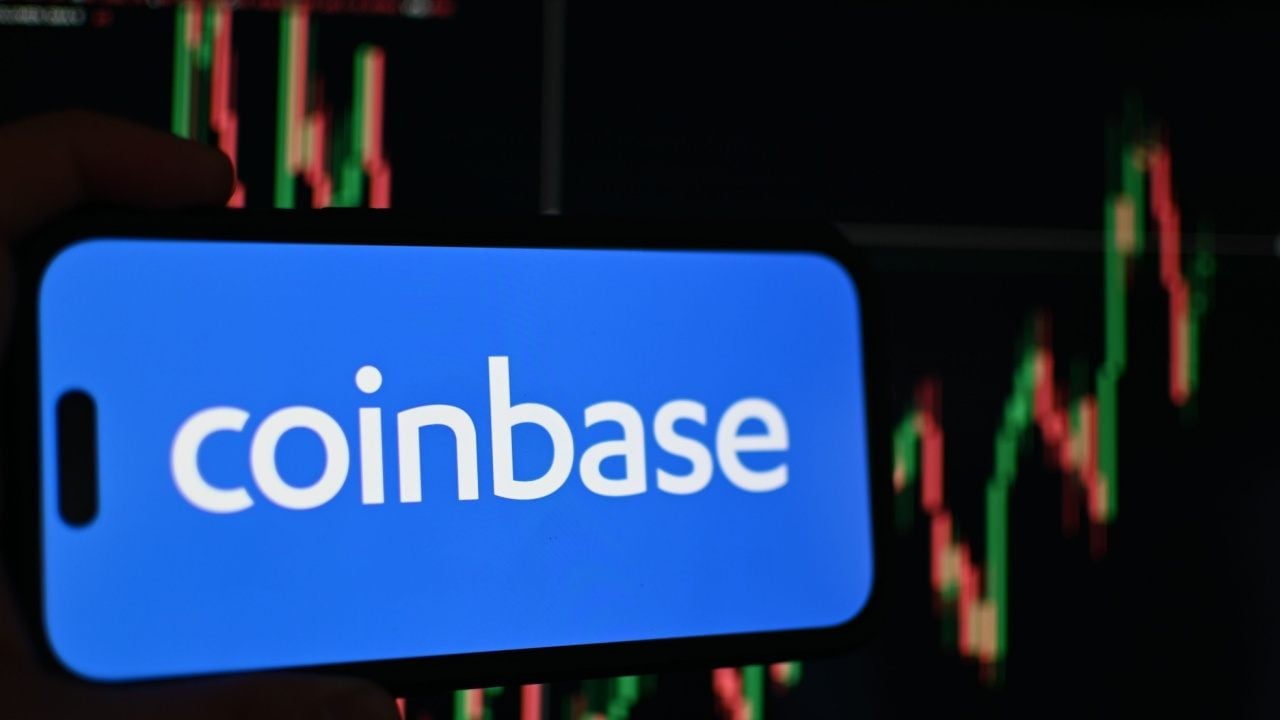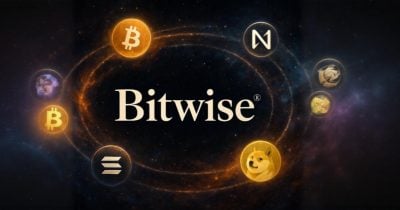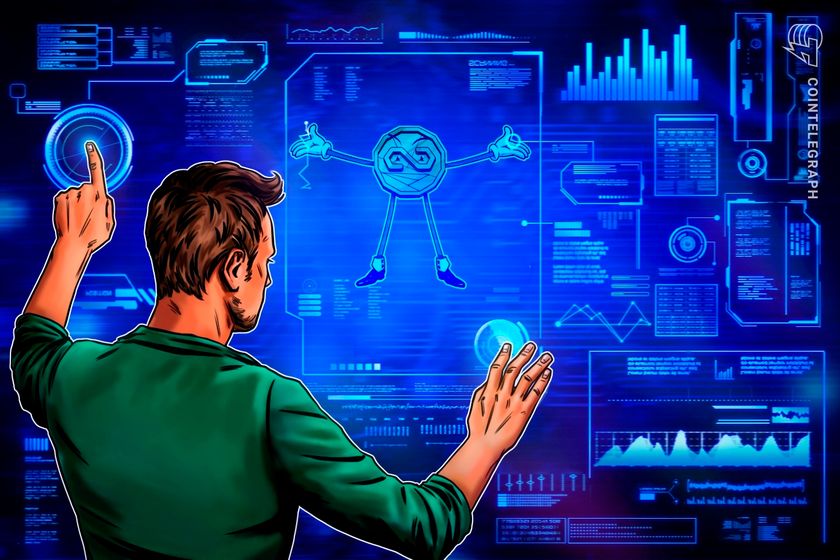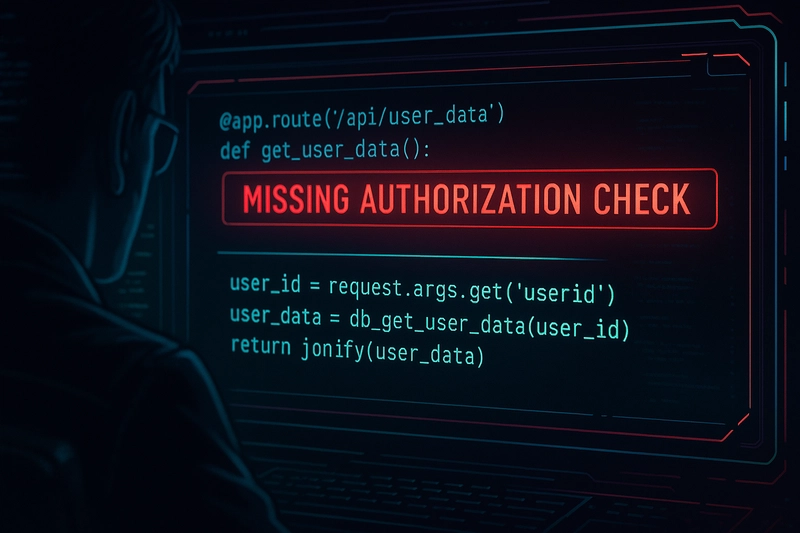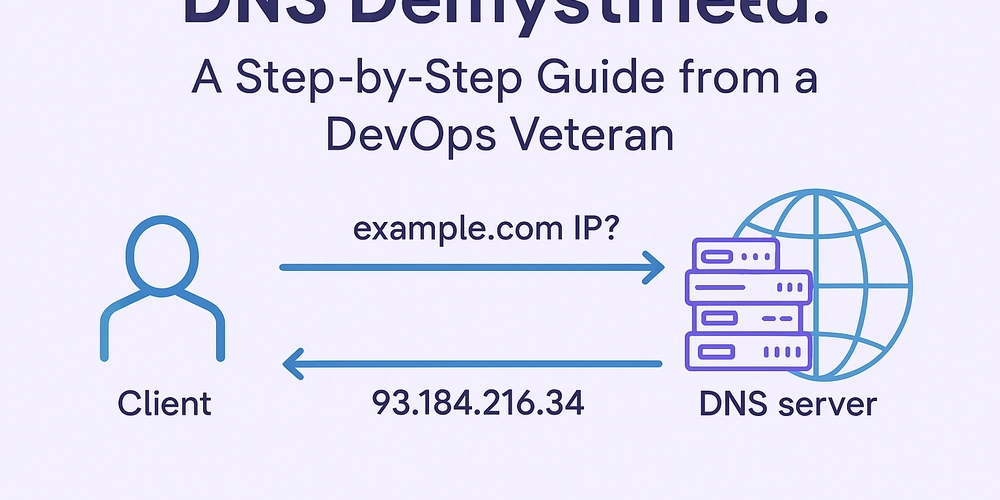"Fast is Slow, Slow is Smooth, and Smooth is Fast"
The quote in the title was first related to me by a former marine, just shooting the breeze, talking about what it takes to do large-scale conference operations correctly. In basic training, he and his buddies were taught this mantra when reloading their weapons: Fast is Slow ... In a combat situation, when a soldier finishes the last round in his magazine, it makes sense that he would want to reload his weapon as quickly as possible. Unfortunately, this often leads to rushed actions which results in mistakes. He might drop his new magazine or cause a jam among other misfortunes. In trying to move quickly he's actually made his reloading process take much longer, which can be a fatal mistake under live fire. ... Slow is Smooth ... Moving at a normal pace in an adrenaline-fueled environment feels slow. However, this "slow" form of movement is exactly the pace one ought to move to avoid mistakes. By moving in a way that feels slow, you're actually just moving at the appropriate pace to reload your weapon without errors. ... Smooth is Fast Of course, this rounds out the process that in moving in a pace that feels slow, you will reload your weapon much more quickly than the soldier who's moving quickly but making mistakes. It feels like a sacrifice in the moment, but in the long run it keeps him alive. On Learning to Code I have been trying on-again-off-again to begin a coding journey since 2017. It's difficult for me to name a programming language or web framework that I haven't tinkered with in some capacity. However, I feel like I have nothing to show for it. No apps in the app store, no SaaS platforms driving monthly recurring revenue. Just many unfinished plans living in my head and my GitHub archives. This year, I'm starting over. I've decided to embrace "beginner's mind" and start learning to code totally from scratch through The Odin Project. In the past, I moved too fast. I'm a fast reader and a quick study, so I have found I often have the capacity to "successfully" blow through coding training curriculum. Unfortunately, doing it this way has meant the material doesn't get drilled down very deeply into my subconscious. Coding lives in a very shallow level of my psyche, and so when projects get too difficult, I abandon ship for some other pursuit. Now, we're experimenting with exactly the opposite. No speed reading. No jumping ahead. No skipping lessons. No half-assed commit messages. Everything is being done slowly and consistently, aiming for four hours' worth of work per week (because, you know, I have a full time job and a family to take care of). We're allowing the material to sink down deep and for project ideas to slowly grow to conceptual maturity while I work through the curriculum. Wanna know something? I think it's working! If nothing else, I'm happier and much more focused, no longer frenetically pushing as quickly as possible through the current lesson to get to the next one. "Smooth is Fast." We're going to focus on Slow, allow it to be Smooth, and let "Fast" take care of itself.
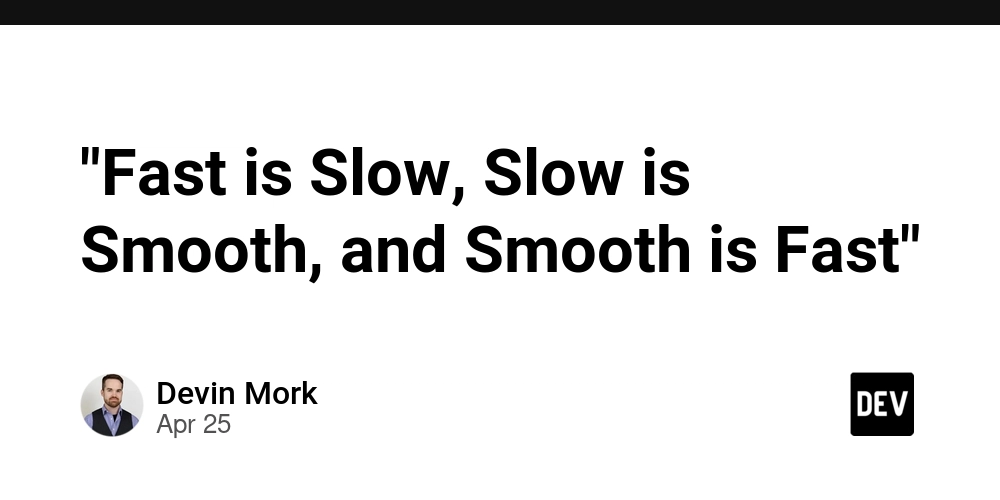
The quote in the title was first related to me by a former marine, just shooting the breeze, talking about what it takes to do large-scale conference operations correctly.
In basic training, he and his buddies were taught this mantra when reloading their weapons:
Fast is Slow ...
In a combat situation, when a soldier finishes the last round in his magazine, it makes sense that he would want to reload his weapon as quickly as possible. Unfortunately, this often leads to rushed actions which results in mistakes. He might drop his new magazine or cause a jam among other misfortunes. In trying to move quickly he's actually made his reloading process take much longer, which can be a fatal mistake under live fire.
... Slow is Smooth ...
Moving at a normal pace in an adrenaline-fueled environment feels slow. However, this "slow" form of movement is exactly the pace one ought to move to avoid mistakes. By moving in a way that feels slow, you're actually just moving at the appropriate pace to reload your weapon without errors.
... Smooth is Fast
Of course, this rounds out the process that in moving in a pace that feels slow, you will reload your weapon much more quickly than the soldier who's moving quickly but making mistakes. It feels like a sacrifice in the moment, but in the long run it keeps him alive.
On Learning to Code
I have been trying on-again-off-again to begin a coding journey since 2017. It's difficult for me to name a programming language or web framework that I haven't tinkered with in some capacity.
However, I feel like I have nothing to show for it. No apps in the app store, no SaaS platforms driving monthly recurring revenue. Just many unfinished plans living in my head and my GitHub archives.
This year, I'm starting over. I've decided to embrace "beginner's mind" and start learning to code totally from scratch through The Odin Project.
In the past, I moved too fast. I'm a fast reader and a quick study, so I have found I often have the capacity to "successfully" blow through coding training curriculum. Unfortunately, doing it this way has meant the material doesn't get drilled down very deeply into my subconscious. Coding lives in a very shallow level of my psyche, and so when projects get too difficult, I abandon ship for some other pursuit.
Now, we're experimenting with exactly the opposite.
No speed reading.
No jumping ahead.
No skipping lessons.
No half-assed commit messages.
Everything is being done slowly and consistently, aiming for four hours' worth of work per week (because, you know, I have a full time job and a family to take care of). We're allowing the material to sink down deep and for project ideas to slowly grow to conceptual maturity while I work through the curriculum.
Wanna know something? I think it's working! If nothing else, I'm happier and much more focused, no longer frenetically pushing as quickly as possible through the current lesson to get to the next one.
"Smooth is Fast." We're going to focus on Slow, allow it to be Smooth, and let "Fast" take care of itself.









































































































































































![[The AI Show Episode 144]: ChatGPT’s New Memory, Shopify CEO’s Leaked “AI First” Memo, Google Cloud Next Releases, o3 and o4-mini Coming Soon & Llama 4’s Rocky Launch](https://www.marketingaiinstitute.com/hubfs/ep%20144%20cover.png)
















































































































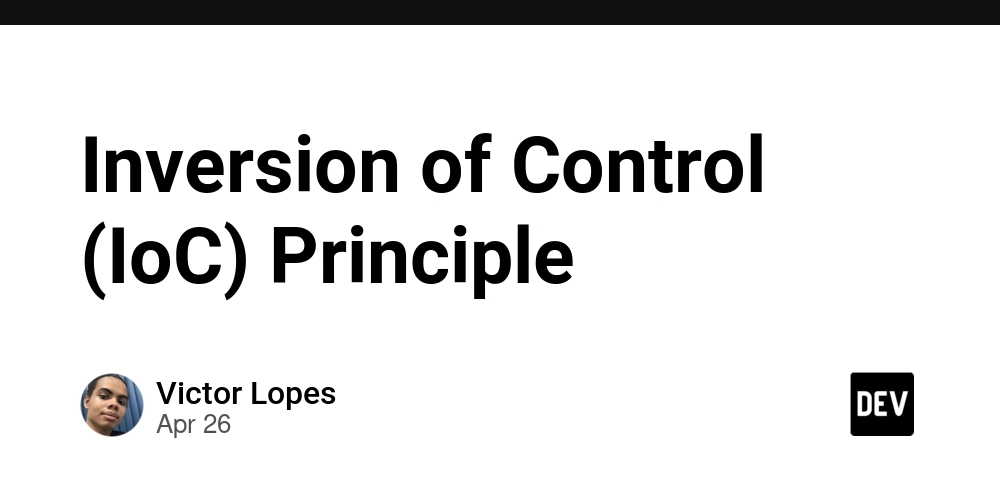



































































.jpg?width=1920&height=1920&fit=bounds&quality=70&format=jpg&auto=webp#)







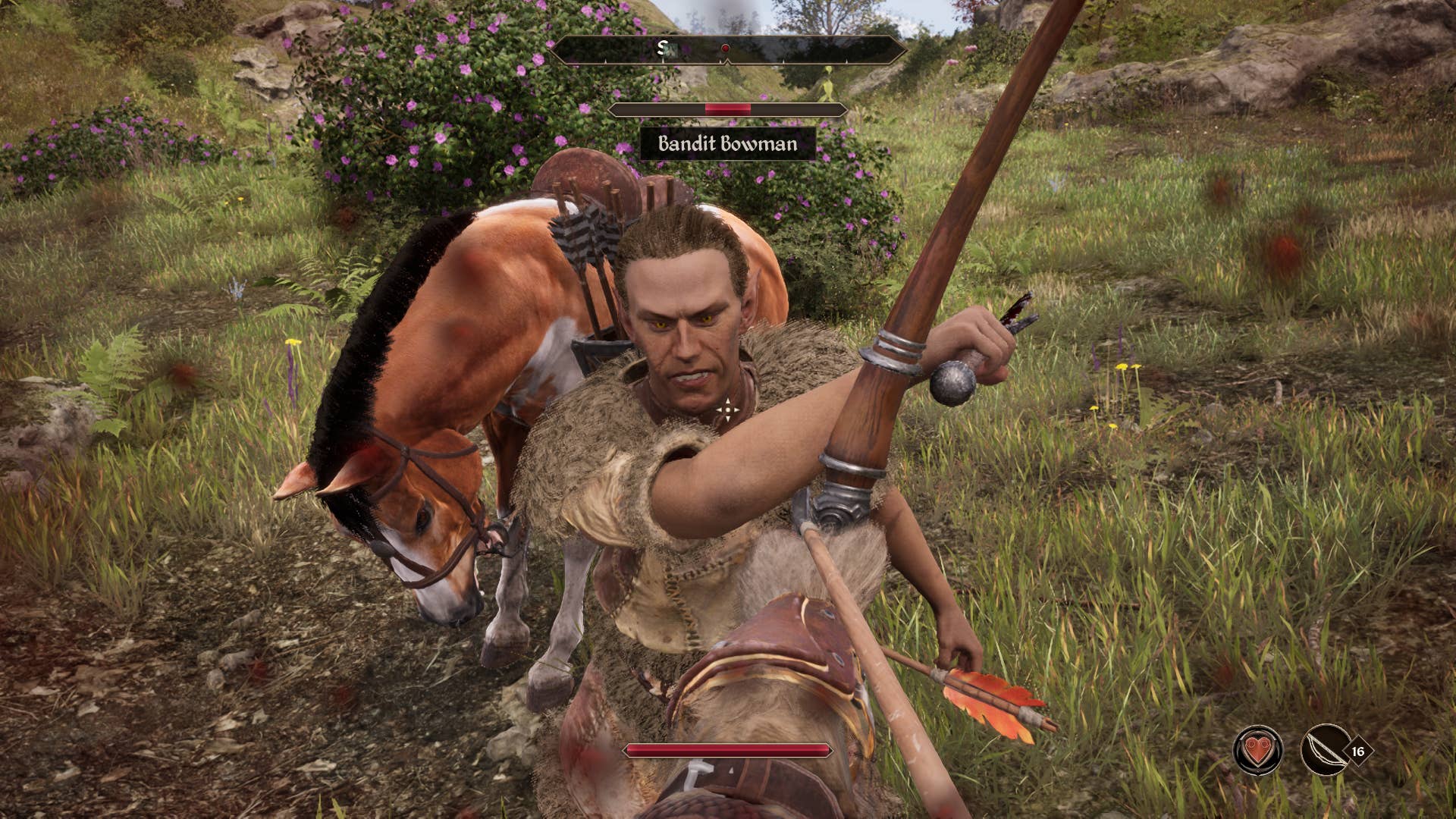














































































_Olekcii_Mach_Alamy.jpg?width=1280&auto=webp&quality=80&disable=upscale#)




















































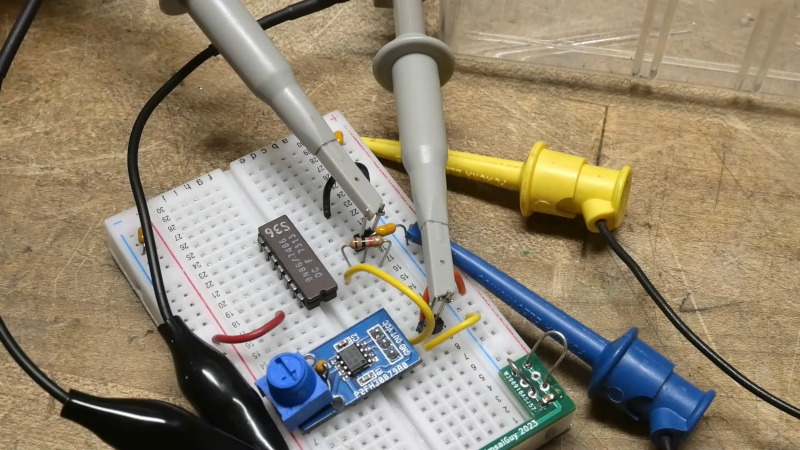
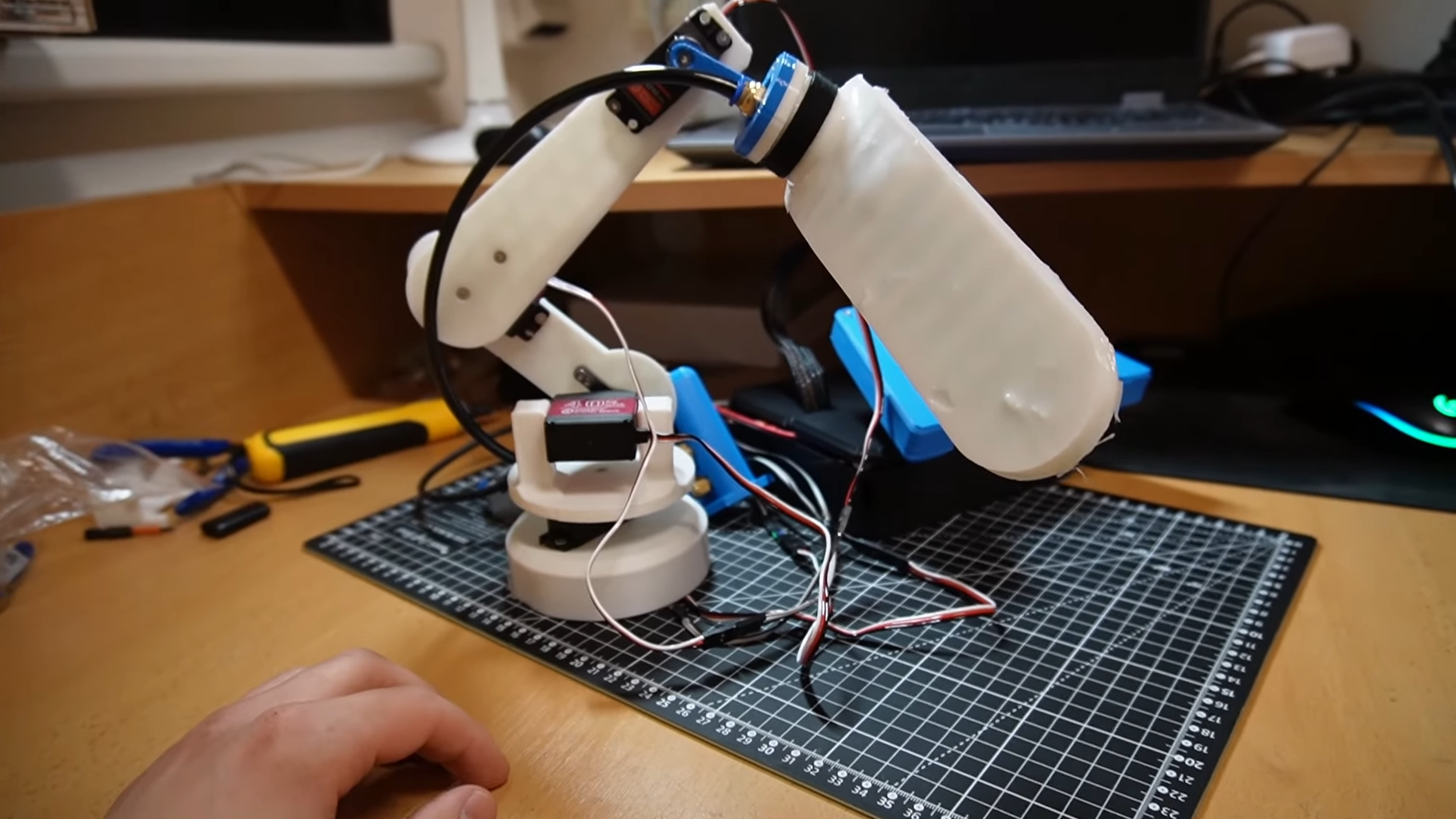





























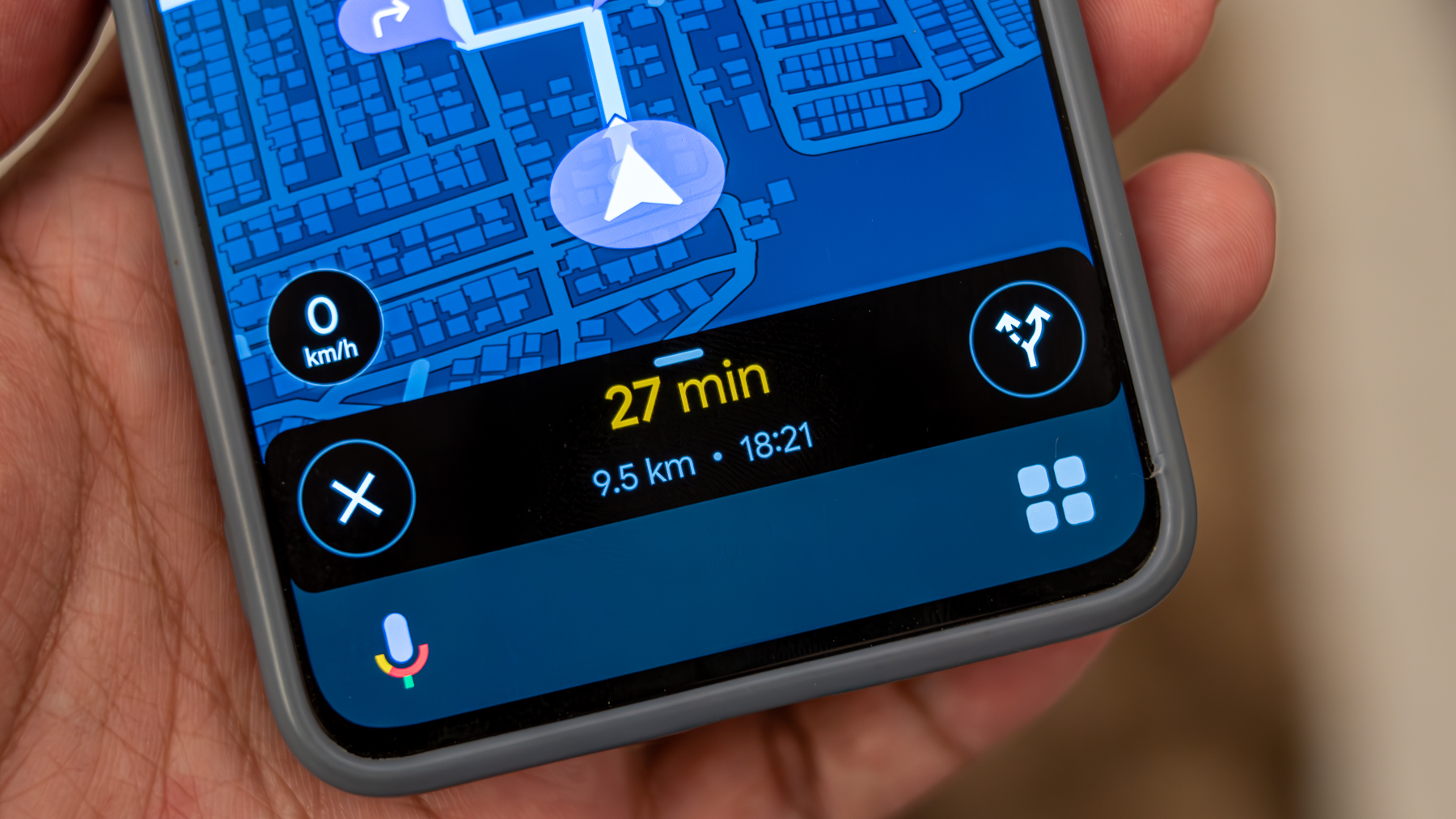

























![Apple Drops New Immersive Adventure Episode for Vision Pro: 'Hill Climb' [Video]](https://www.iclarified.com/images/news/97133/97133/97133-640.jpg)

![Most iPhones Sold in the U.S. Will Be Made in India by 2026 [Report]](https://www.iclarified.com/images/news/97130/97130/97130-640.jpg)
![Apple to Shift Robotics Unit From AI Division to Hardware Engineering [Report]](https://www.iclarified.com/images/news/97128/97128/97128-640.jpg)


















